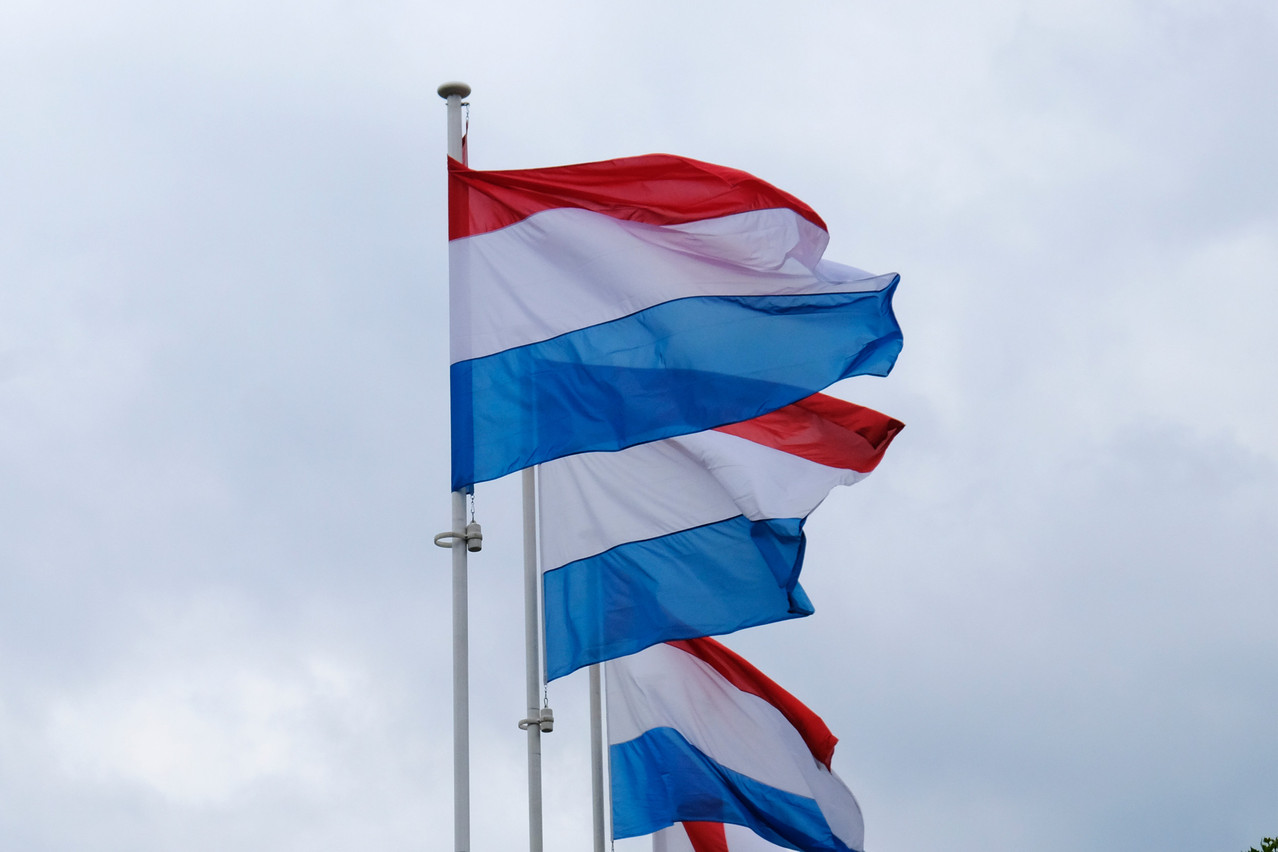The petition, launched at the , said that French or German should be sufficient for applicants to receive Luxembourg nationality.
Applicants must be able to demonstrate knowledge of the Luxembourgish language at A2 level for speaking and B1 for listening. There are exemptions for people who have lived in the country for more than 20 years or who cannot learn a language because of a disability.
The criteria “discriminate against people who speak French or German,” the petition said. “The fact of speaking one of the three official languages should be enough to obtain Luxembourg nationality,” the author said, adding: “The people who live and work in Luxembourg who speak French or German are also part of the country.”
The petition was open for signature until Thursday but garnered only 3,734 of the required 4,500 signatures for the petition to the debated by lawmakers and the government.
The proposal would have been unlikely to find favour with policymakers as the country’s political parties in power and in the opposition are committed to promoting the use of Luxembourgish in everyday life. In addition, Luxembourgish has been the grand duchy’s national language by law since 1984, when its status was enshrined in the constitution, while German and French are administrative languages.
Luxembourg nationality is key to voting in legislative elections in the country after a referendum on granting voting rights to foreigners failed in 2015.
However, the government earlier this month moved to of five years for non-nationals to vote in local elections. Around 48% of Luxembourg’s population are foreigners, regularly prompting questions over a potential democratic deficit with large parts of the population excluded from the democratic process.
